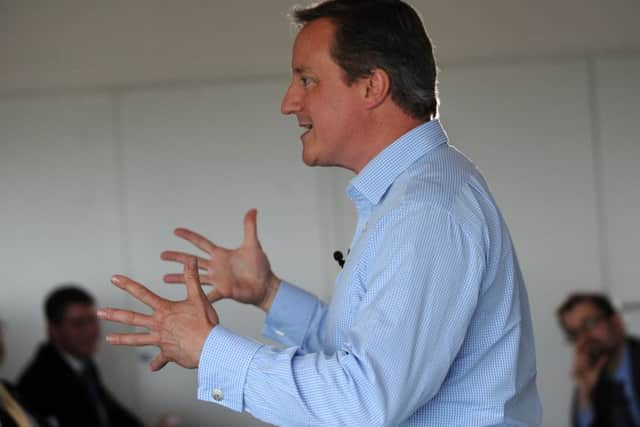David Cameron’s Brexit mistakes and what they could mean for Boris Johnson – The Yorkshire Post says
He describes seeing a television report on people in Rotherham making “understandable” comments about their unhappiness at the impact of arriving travellers from fellow EU state Slovakia as “the moment I realised our argument about the economy was quite complicated, while Leave’s argument about immigration was very simple”. He adds: “I thought, we could lose this thing.”
Advertisement
Hide AdAdvertisement
Hide Ad

The anecdote highlights how Mr Cameron and the London-centric Remain campaign failed to make a compelling case for EU membership while also dramatically misjudging the public mood in places like Rotherham; as well as the then-Prime Minister’s own ambivalence towards the EU which made him a flawed frontman for the Remain cause.
But it also shows the importance of Yorkshire as a political bellwether, with its population of over five million people providing a good indication of wider national feeling outside London. When Mr Cameron’s worst fears were confirmed on the night of the result, only three of the 21 districts across Yorkshire - Leeds, Harrogate and York - backed Remain, with nearly seven in 10 voters in Rotherham and other places like Doncaster, Barnsley and Wakefield supporting Leave.
Advertisement
Hide AdAdvertisement
Hide AdBoris Johnson appears to have understood the political importance of Yorkshire given his frequent visits since becoming Prime Minister. But actions are needed to back up words and those in Westminster’s corridors of power would do well to consider the region’s electoral relevance when making decisions.